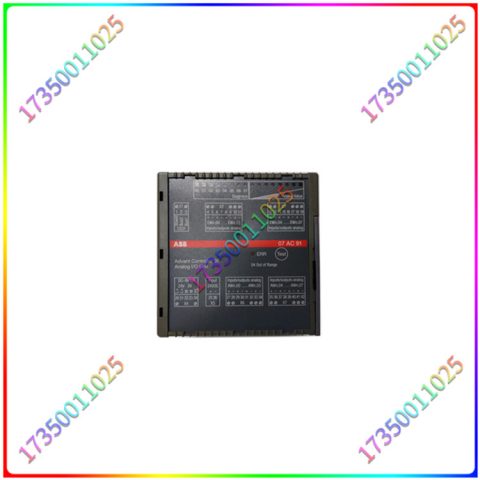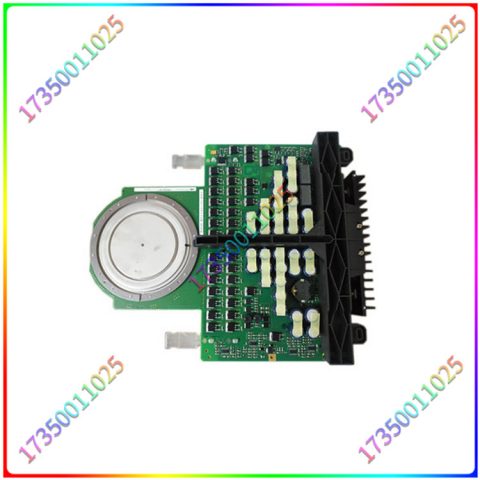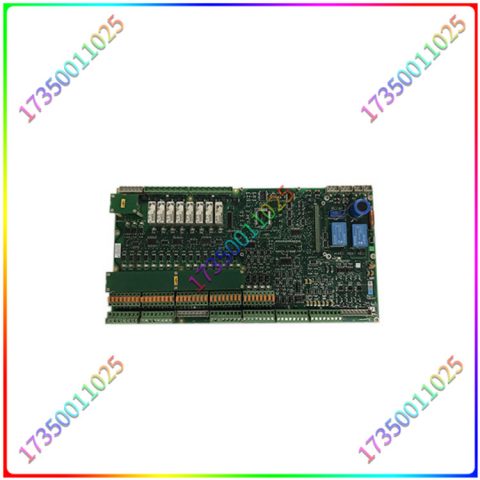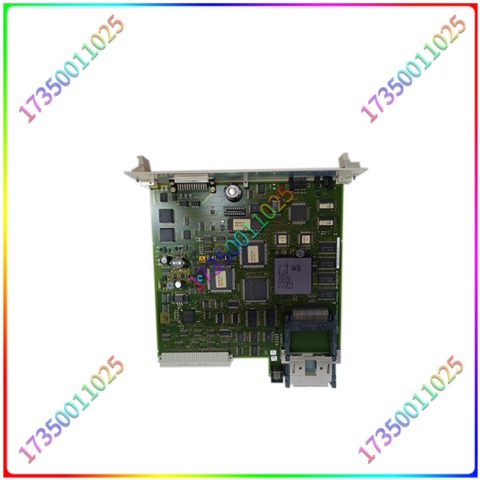SM811 的主要功能是在非 SIL 和 SIL1-2 操作期间提供控制器的智能监控,并与 PM865 一起形成适用于 SIL3 应用的 1oo2 多样化结构。对于高可用性应用程序,可以使用与两个冗余 CPU 中的任何一个一起工作的冗余 SM811。SM811 有一个专用的同步链路来同步活动和冗余的 SM,用于热插入和在线升级。在热插入和在线升级情况下,需要在冗余设置中的两个 SM811 之间复制数据。以 96 Mhz 运行的 MPC862P 微处理器32 兆内存在 SIL1-2 操作期间提供对 PM865 控制器的监控,并与 PM865 一起形成适用于 SIL3 应用程序的 1oo2 多样化架构过电压监控内部电压监控支持热插拔支持冗余用于同步冗余对的 SM Link详细数据:处理器类型:MPC862P切换时间为红色: 最长 10 毫秒用于固件存储的闪存: PROM 4MB,电源 :24 伏直流电(19.2-30 伏直流电)功耗+24 V 典型值/最大值: 160 / 250 毫安,功耗典型值: 3.8 瓦。

SM811K01

SM811K01
在一条指令的执行过程中,在什么时间做什么操作均应受到严格的控制。只有这样,计算机才能有条不紊地工作。CPU的主要功能作用第四条就是处理数据,也就是对数据进行算术运算和逻辑运算,或进行其它的信息处理。这个功能的作用主要是解释计算机指令以及处理计算机软件中的数据,并执行指令。在微型计算机中又称微处理器,计算机的所有操作都受CPU控制,CPU的性能指标直接决定了微机系统的性能指标。CPU具有以下4个方面的基本功能:数据通信,资源共享,分布式处理,提供系统可靠性。运作原理可基本分为四个阶段:提取、解码、执行和写回。

SM811K01
The main function of SM811 is to provide intelligent monitoring of the controller during non SIL and SIL1-2 operations, and together with PM865, to form a 1oo2 diversified structure suitable for SIL3 applications. For high availability applications, redundant SM811 that works with either of the two redundant CPUs can be used. SM811 has a dedicated synchronization link to synchronize active and redundant SMs for hot insertion and online upgrades. In the case of hot insertion and online upgrade, data needs to be replicated between two SM811 in the redundancy setting. The MPC862P microprocessor running at 96 Mhz provides monitoring of the PM865 controller during SIL1-2 operation within 32 megabytes, And together with PM865, it forms a 1oo2 diversified architecture suitable for SIL3 applications for overvoltage monitoring. Internal voltage monitoring supports hot swapping, redundancy, and SM Link for synchronous redundancy. Detailed data: Processor type: MPC862P, switching time in red: up to 10 milliseconds, flash memory for firmware storage: PROM 4MB, power supply: 24 V DC (19.2-30 V DC), power consumption+24 V, typical value/maximum value: 160/250 mA, Typical power consumption value: 3.8 watts.

SM811K01
The main function of the CPU is to process instructions, which refers to the order in which instructions are executed in the control program. There is a strict order between the instructions in the program, and it is necessary to strictly follow the sequence specified in the program to ensure the correctness of computer system operation. The second main function of the CPU is to execute operations, and the function of an instruction is often achieved by a series of operations performed by components in the computer. The CPU needs to generate corresponding operation control signals based on the function of the instructions, send them to the corresponding components, and control these components to act according to the requirements of the instructions. The main function of the CPU is to control time, which is the timing of various operations

SM811K01
During the execution of an instruction, there should be strict control over what operations are performed at any time. Only in this way can computers work in an orderly manner. The fourth main function of the CPU is to process data, which means performing arithmetic and logical operations on data, or performing other information processing. The main function of this function is to interpret computer instructions, process data in computer software, and execute instructions. In microcomputers, also known as microprocessors, all operations of a computer are controlled by the CPU, and the performance indicators of the CPU directly determine the performance indicators of the microcomputer system. The CPU has four basic functions: data communication, resource sharing, distributed processing, and providing system reliability. The operating principle can be basically divided into four stages: extraction, decoding, execution, and writeback.











There are no reviews yet.